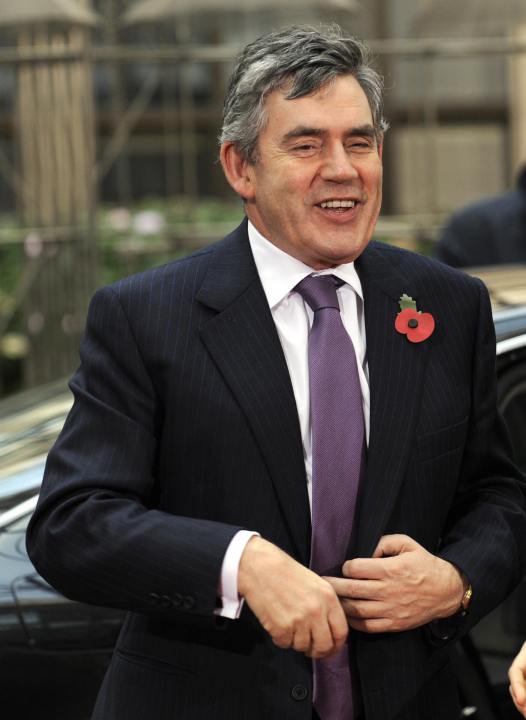 The most interesting line in the PM’s press conference was Brown’s argument that, precisely because it is “funded”, the Tories’ latest tax proposal does not represent a fiscal stimulus. Gordon is now positively flaunting his jilting of Prudence, scorning the Tories because they are trying to cling to the fiscal principles – “stability”, “responsibility” etc – which were the hallmarks of his decade in Number Eleven .
The most interesting line in the PM’s press conference was Brown’s argument that, precisely because it is “funded”, the Tories’ latest tax proposal does not represent a fiscal stimulus. Gordon is now positively flaunting his jilting of Prudence, scorning the Tories because they are trying to cling to the fiscal principles – “stability”, “responsibility” etc – which were the hallmarks of his decade in Number Eleven .
The basis of the initial Cameroon strategy was to edge the Conservative Party towards the economic orthodoxy of the Blair-Brown years with the caveat that the Tories would “share the proceeds of growth” between tax cuts and public spending.
This ideological consensus has been blown to pieces by the present crisis and the increasingly anxious response of the political class to it. The Conservative Party is now positioned as the party of fiscal prudence: all tax cuts are presented as “funded”, and monetary policy rather than fiscal stimulus firmly identified as the route out of a downturn. Labour, in contrast, is unambiguously Keynesian, all for public works, ever more borrowing, and (as yet unspecified) tax cuts.
The risk for the Tories is that Labour is seen as stealing a march with its eye-catching fiscal initiatives, and Dave perceived to be fighting the last war. The risk for Gordon is that the public cottons on to the likely consequences of his reckless borrowing, and that – a year down the line – his grand interventions are seen to have achieved next to nothing by a nation firmly and miserably in the grip of recession. What is not in doubt is that there is now a real and necessary ideological row ablaze. Consensus? What consensus?







Comments